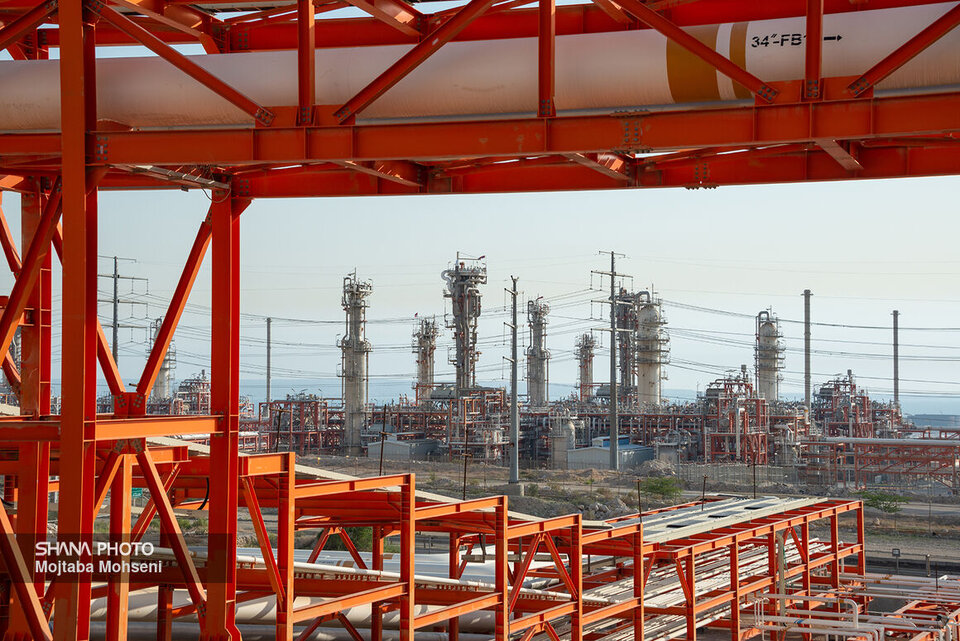According to the NIGC, Saeid Tavakoli made the remarks Tuesday, during the first meeting of the 1404 Winter Fuel Committee. He said that more than a year into the 14th administration, the NIGC is expected to deliver better and more effective performance by building on past experience. “Undoubtedly, achieving this goal depends on cooperation and synergy among all sectors because the true measure of management lies in teamwork and collective effort,” he said.
Valuable experience from last winter
Referring to last winter’s successful fuel management, Tavakoli said that despite numerous challenges, the country’s performance in securing winter fuel supplies was a success. The main reason, he added, was close coordination between provincial gas managers, governors, and deputy governors, along with regular meetings of local energy committees. “This led to integrated software coordination and unified decision-making, preventing regional or sectoral bias,” he said.
“We have no room for mistakes”
The deputy oil minister for gas affairs stressed the need to maximize provincial capacities and called on provincial gas company managers to make full use of governors’ offices and local institutions. He said feedback from the provinces showed that joint meetings between the Interior Ministry and provincial governors had been highly effective.
“Fortunately, there is now a shared understanding that energy is a national issue, not a local or sectoral one, and must be addressed with a comprehensive, coordinated outlook,” Tavakoli said.
He noted that due to the nature of the gas industry and its limited storage capacity, “no interruption is acceptable.” Every element — from gas refineries and compressor stations to transmission and distribution lines — must operate with maximum stability, he added. “Even the smallest disruption can have national or cross-border consequences. This is what sets NIGC apart from many other companies — we have no room for mistakes.”
Stable gas supply through coordinated effort
Tavakoli highlighted the company’s strong performance in executing maintenance programs, calling this year one of the most successful for overhaul operations. “Accurate planning ensured that refinery maintenance was completed on schedule,” he said.
He added that a unified and coordinated approach has now taken shape throughout the gas value chain, from refining to transmission and distribution. “Instead of fragmented management, we have achieved real synergy and cooperation, which has been the key factor behind the stable gas supply across the country,” he said.
Tavakoli emphasized the public’s central role in all industry decisions. “In every difficult situation, people come first. The coordination among various departments within the Oil Ministry and government agencies — along with divine grace — enabled the gas network to continue uninterrupted despite challenges,” he said.
According to the oil minister, he added, “During one of the most critical days of the war, the country faced a shortage of 90 million cubic meters of gas — yet the national gas network did not even flicker.”
Honesty, commitment as keys to success
Tavakoli expressed special appreciation for provincial gas companies, commending managers and employees who prevented crises during last winter’s harsh conditions. “Our success was the result of the tireless efforts of emergency teams, repair crews, and technical staff who stood on the frontlines of network stability with an exemplary sense of dedication and pride,” he said.
“No position or title is permanent,” Tavakoli noted. “What matters is that during our period of service, we work honestly, transparently, and diligently. If we have the ability to accomplish something, we must do it with all our strength. If there are limitations, we should share them openly with our colleagues — because honesty itself is the best form of management.”
He called on managers to fully assume responsibility for their duties. “Some people are honorable, experienced, and intelligent, yet they avoid accountability. True management means complete ownership of one’s mission and responsibilities,” he said.
Sincere service as the greatest asset
Tavakoli stressed that the path of service must continue without interruption. “People expect continuous, high-quality service from us, just as every employee expects to receive their pay and benefits on time or be supported during difficult assignments,” he said.
“As our employees expect respect and support, citizens too deserve to be treated responsibly, honestly, and with kindness,” he added. “If NIGC can instill one principle — to serve with sincerity and goodwill, without seeking personal gain — it will be worth more than hundreds of formal commendations.”
“Our goal is not only to provide energy,” Tavakoli concluded. “The true measure of our performance is ensuring people’s comfort and peace of mind during tough times. Honest and selfless service to the people is the greatest investment and the most enduring achievement of the National Iranian Gas Company.”


Your Comment